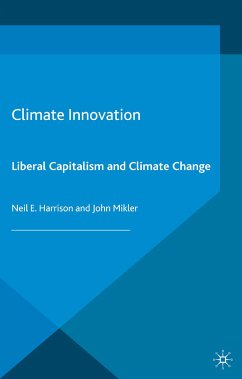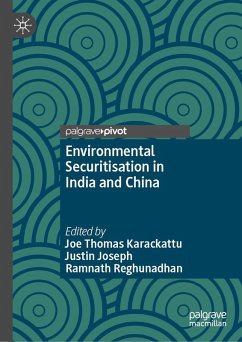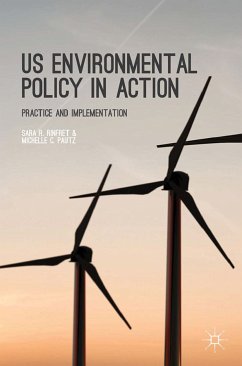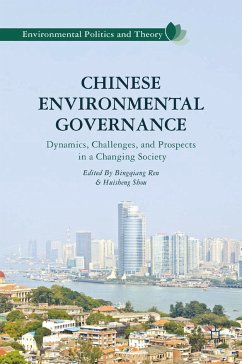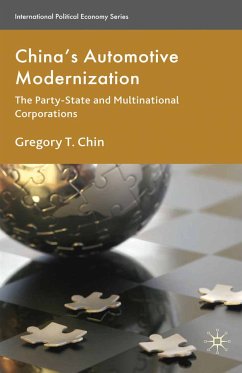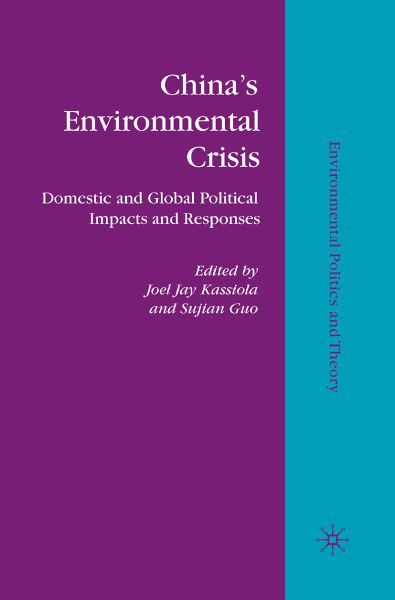
China's Environmental Crisis (eBook, PDF)
Domestic and Global Political Impacts and Responses
Redaktion: Kassiola, J.
Versandkostenfrei!
Sofort per Download lieferbar
72,95 €
inkl. MwSt.
Weitere Ausgaben:

PAYBACK Punkte
36 °P sammeln!
This path-breaking collection covers the significance of China's extreme environmental challenges for both Chinese society and the world, how these challenges are impacting domestic Chinese society and its political institutions, and how these institutions are responding in their efforts to address the environmental problems.
Dieser Download kann aus rechtlichen Gründen nur mit Rechnungsadresse in A, B, BG, CY, CZ, D, DK, EW, E, FIN, F, GR, HR, H, IRL, I, LT, L, LR, M, NL, PL, P, R, S, SLO, SK ausgeliefert werden.





